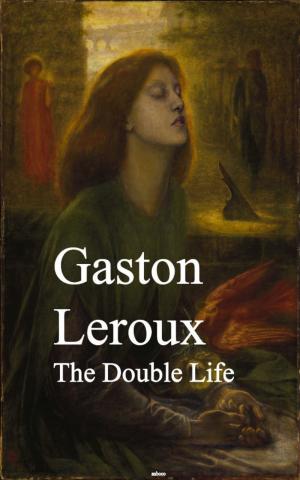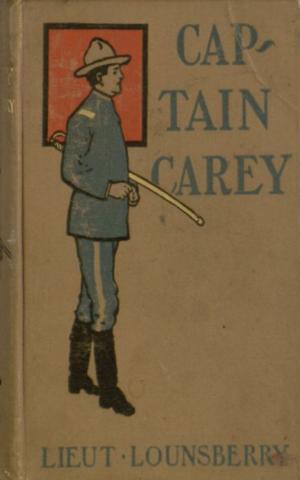| Author: | Baron Edward Bulwer Lytton Lytton | ISBN: | 9783736412750 |
| Publisher: | anboco | Publication: | September 1, 2016 |
| Imprint: | Language: | English |
| Author: | Baron Edward Bulwer Lytton Lytton |
| ISBN: | 9783736412750 |
| Publisher: | anboco |
| Publication: | September 1, 2016 |
| Imprint: | |
| Language: | English |
"The Parisians" and "Kenelm Chillingly" were begun about the same time, and had their common origin in the same central idea. That idea first found fantastic expression in "The Coming Race;" and the three books, taken together, constitute a special group, distinctly apart from all the other works of their author. The satire of his earlier novels is a protest against false social respectabilities; the humour of his later ones is a protest against the disrespect of social realities. By the first he sought to promote social sincerity and the free play of personal character; by the last, to encourage mutual charity and sympathy amongst all classes, on whose interrelation depends the character of society itself. But in these three books, his latest fictions, the moral purpose is more definite and exclusive. Each of them is an expostulation against what seemed to him the perilous popularity of certain social and political theories, or a warning against the influence of certain intellectual tendencies upon individual character and national life. This purpose, however, though common to the three fictions, is worked out in each of them by a different method. "The Coming Race" is a work of pure fancy, and the satire of it is vague and sportive. The outlines of a definite purpose are more distinctly drawn in "Chillingly,"—a romance which has the source of its effect in a highly wrought imagination. The humour and pathos of "Chillingly" are of a kind incompatible with the design of "The Parisians," which is a work of dramatized observation. "Chillingly" is a romance; "The Parisians" is a novel. The subject of "Chillingly" is psychological; that of "The Parisians" is social.
"The Parisians" and "Kenelm Chillingly" were begun about the same time, and had their common origin in the same central idea. That idea first found fantastic expression in "The Coming Race;" and the three books, taken together, constitute a special group, distinctly apart from all the other works of their author. The satire of his earlier novels is a protest against false social respectabilities; the humour of his later ones is a protest against the disrespect of social realities. By the first he sought to promote social sincerity and the free play of personal character; by the last, to encourage mutual charity and sympathy amongst all classes, on whose interrelation depends the character of society itself. But in these three books, his latest fictions, the moral purpose is more definite and exclusive. Each of them is an expostulation against what seemed to him the perilous popularity of certain social and political theories, or a warning against the influence of certain intellectual tendencies upon individual character and national life. This purpose, however, though common to the three fictions, is worked out in each of them by a different method. "The Coming Race" is a work of pure fancy, and the satire of it is vague and sportive. The outlines of a definite purpose are more distinctly drawn in "Chillingly,"—a romance which has the source of its effect in a highly wrought imagination. The humour and pathos of "Chillingly" are of a kind incompatible with the design of "The Parisians," which is a work of dramatized observation. "Chillingly" is a romance; "The Parisians" is a novel. The subject of "Chillingly" is psychological; that of "The Parisians" is social.















